Wondering which melatonin is best for sleep? Read on for more on liquid melatonin for jet lag plus ways to create healthy sleep habits today!
Thanks to Life Extension for sponsoring this post. All thoughts and opinions are my own.
Sleep is my thing. Everyone has a thing. And since I’m a registered dietitian, you may assume that mine is food. True. But, before that there’s sleep. Without it, I’m a different person. So, if you need sleep like I need sleep, you’re in the right place.
I’ve put together some tips to help you get your best sleep and live better.
Why is sleep important?
Though it doesn’t get the attention that diet and exercise do, sleep is essential to good health. Sleep is vital for several reasons.
- Sleep helps your brain function. What seems like downtime is actually when your mind and body are refreshed. Not getting enough sleep can make it hard for the brain to adapt – leaving you feeling foggy as if you’re off your game. Getting enough sleep might, therefore, help you make better decisions – and who doesn’t want that?
- Sleep may impact your immune system. If you’ve ever gone sleepless for a while and notice that you are feeling under the weather, there may be a connection.
- Sleep plays a role in healthy hormone balance. It can impact insulin and blood sugar response, hunger hormones, and more.
- Sleep may make you a nicer person. I kid. Kinda. But getting enough sleep may help change your mood for the better. Lack of sleep may lead to mood swings or feeling down.
- Sleep can enhance performance and alertness. There’s evidence that sleep improves our ability to learn. Remember when your parents would make sure you get a good night’s rest before those big test days? This is why. Adequate sleep may make it easier to learn a new skill and keep those creative juices flowing.
After a few work trips to Europe, I learned that last one the hard-to-hold-your-head-up in meetings way.
And that’s where melatonin enters the picture…
How I use melatonin
I am fortunate that most nights I sleep great. But travel can throw a wrench into things.
I take melatonin when I travel across several time zones or when my body clock might be thrown off. I tend to use it only around travel days. But I’m happy to have it on hand.
My personal experience with fast-acting liquid melatonin
My first time traveling to Europe was in 2008. No matter how many times I’d go and what class I flew, I suffered AWFUL jetlag. That is until a friend suggested I try Life Extension’s Fast- Acting Liquid Melatonin.
I was skeptical. I’d traveled with melatonin and tried it many times before. But the capsules didn’t work for me. I’d still struggle to adjust to the local time, awaking at 2 or 3 AM every night.
I was pleasantly surprised when on a trip to Vienna, I started using melatonin and immediately noticed a difference. I adjusted to the local time faster, fell asleep more quickly, and was ultimately able to be more alert for work because I got better quality sleep.
Remember: Everyone’s different. If you have a formula that works for you, stick with it. But I’ve found my go-to with this one. I will not travel more than three time zones without it. Period.
My sleep habits
I strive for 7-8 hours of sleep each night. I rarely nap. I am more an early bird than a night owl and love to get my day started no later than 7 AM – even on weekends.
When I’m in a hotel or away from home, I download a sleep app just in case I need white noise. I prefer drifting off to the sound of rain or a fan. But I’m usually ok without it.
But can we talk about sleeping on planes? Overnight flights are difficult for me. I cannot seem to get comfortable. Sleep eludes me. Maybe it’s straying from my nighttime routine plus the cabin lights – not to mention the other couple hundred people nearby?
Bedtime rituals
Before bed, I wind down by putting away (ok trying to) my devices. Dinner is around 7 on most nights. I find that eating late disrupts a good night’s sleep.
An hour or so before bed, I like to take a bath or shower and give my skin a little TLC with nourishing moisturizers. This small act of self-care helps me switch off the day. I may read a book, but on most nights, I write before drifting off to sleep. Journaling helps clear my mind of the many thousands of thoughts swirling and keeping my brain stimulated.
And in the colder months, I love to wind down with a warm beverage like a sleep supporting tea, or my golden milk or cherry almond milk. But on most nights it’s a glass of water on the nightstand.
I get the best sleep when the room is pitch dark and cool. Now, if only I can convince my dog she doesn’t have to bark to protect me from the neighbor’s cat that likes to visit our porch late at night.
Here’s more about melatonin…
What is melatonin?
Melatonin is a hormone derived from the amino acid tryptophan – yes the one infamously known for making us sleepy after eating turkey. There’s more to that story, but I’ll have to tell you about that another time.
Melatonin is stimulated by darkness and suppressed by daylight. Its primary role is to help regulate the body’s circadian rhythm and sleep patterns and offers some antioxidant benefits as well. Melatonin levels gradually decline as we get older, which can impact sleep quality and efficiency. So it’s not uncommon to need to a little help with occasional sleeplessness.
But it’s not a magic bullet. It’s still important to have a few basics in place to enjoy a healthy sleeping pattern. Consider these tips to establish healthy sleep habits.
- Go to sleep and wake up around the same time each day – even on weekends.
- Keep the room cool and dark. The National Sleep Foundation recommends a chilly 60-67 degrees!
- Go to sleep when you’re in bed. Avoid scrolling Instagram (I know we’re all guilty) and taking a quick look at email at bedtime.
- Avoid heavy and spicy meals within 3 hours of bedtime.
- Move during the day. Physical activity may help you fall asleep faster at night.
When traveling, get on the local time as soon as possible. Stay awake when it’s light out and try to go to sleep when it’s dark. It follows that you’d want to eat on the local schedule as well.
If you choose to take melatonin, be sure to discuss it with your healthcare provider and decide which one is the best fit.
Fast-acting liquid melatonin versus capsule
Liquid melatonin is especially helpful because it is quickly absorbed to support healthy sleep faster. Yes to less tossing and turning for a good night’s rest!
Liquid melatonin may help promote optimal sleep. It helps balance circadian rhythms and supports immune function. Plus melatonin’s antioxidant properties may help protect and promote cellular DNA health.
If you’re trying to decide between the liquid or capsule, it’s a personal choice but here are a few things to consider.
- It might be useful to take fast-acting liquid melatonin when the goal is to fall asleep faster since it is absorbed quickly. The liquid is also easier to take if you have difficulty swallowing.
- But you might consider an extended-release capsule to support a full night of sleep. So this may be a good fit if you have trouble staying asleep throughout the night.
Everyone is different. Like me, finding the right form and formula may take a little trial and error.
Nutrition & Sleep
If you think there’s a connection between food and sleep, you’re right! Food can certainly impact your sleep, both helping and making it a little more challenging.
As I mentioned earlier, you’ll want to avoid heavy, greasy meals before bedtime but also consider your caffeine intake earlier in the day and alcohol, which can all impact sleep.
On the flip side, foods like nuts, tart cherry juice, and milk might help with sleep. Certain nutrients can impact sleep. For example, magnesium, found in spinach, yogurt, nuts, beans, peas, and lentils, may help enhance sleep, particularly if you’re running low on it.
Though what you eat can affect sleep. How you sleep can also influence how you eat! There are several studies linking a lack of sleep to increased hunger and even higher intake of sweets and other treats. You have to also consider your environment and everything else going on – but getting enough sleep may help you think more clearly and stave off cravings in the process.
If you’ve found your way to this post (and read this far), you’re probably seeking a way to get better sleep. I encourage you to get to the root cause. You might try a sleep journal to get a better idea about your current patterns. It could be due to an age-related decline in melatonin production, physical problems, or that you simply have a lot going on need to de-stress.
If you have ongoing recurring sleep issues, speak to your health care provider about how you can start to get more sleep.
What should you do to get better sleep?
Eliminate what’s keeping you up at night.
Sleep is not overrated. It affects every part of the body. Finding your unique healthy sleep pattern is essential for achieving overall health and wellbeing.
I am fortunate to sleep well in my own bed on most nights. But I love having melatonin as a backup for when I don’t. And truth be told. I’d get this little bottle shipped overnight than to risk not having it for a trip. It has been a game-changer in my travel life.
Remember that supplements are not for everyone. This is especially important if you are on medication. Be sure to first check with your doctor, dietitian, or another healthcare practitioner before adding something new to your routine.
Ready. Set. Sleep!
These statements have not been evaluated by the Food and Drug Administration. These products are not intended to diagnose, treat, cure, or prevent any disease.
References
- https://www.nhlbi.nih.gov/health-topics/sleep-deprivation-and-deficiency
- https://www.cdc.gov/healthyschools/sleep.htm
- https://www.ncbi.nlm.nih.gov/pubmed/12421655
- https://www.physiology.org/doi/full/10.1152/physrev.00032.2012
- https://www.ncbi.nlm.nih.gov/pubmed/25052368
- https://www.ncbi.nlm.nih.gov/pubmed/19379769
- https://www.sleepfoundation.org/articles/healthy-sleep-tips
- https://academic.oup.com/ajcn/article/107/1/43/4794751

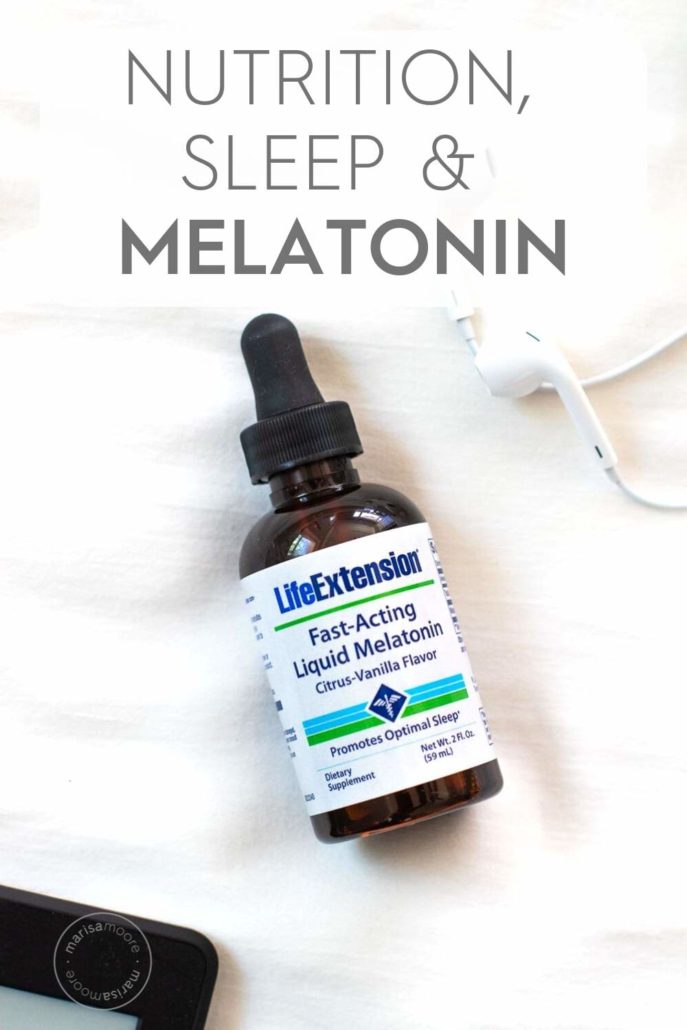
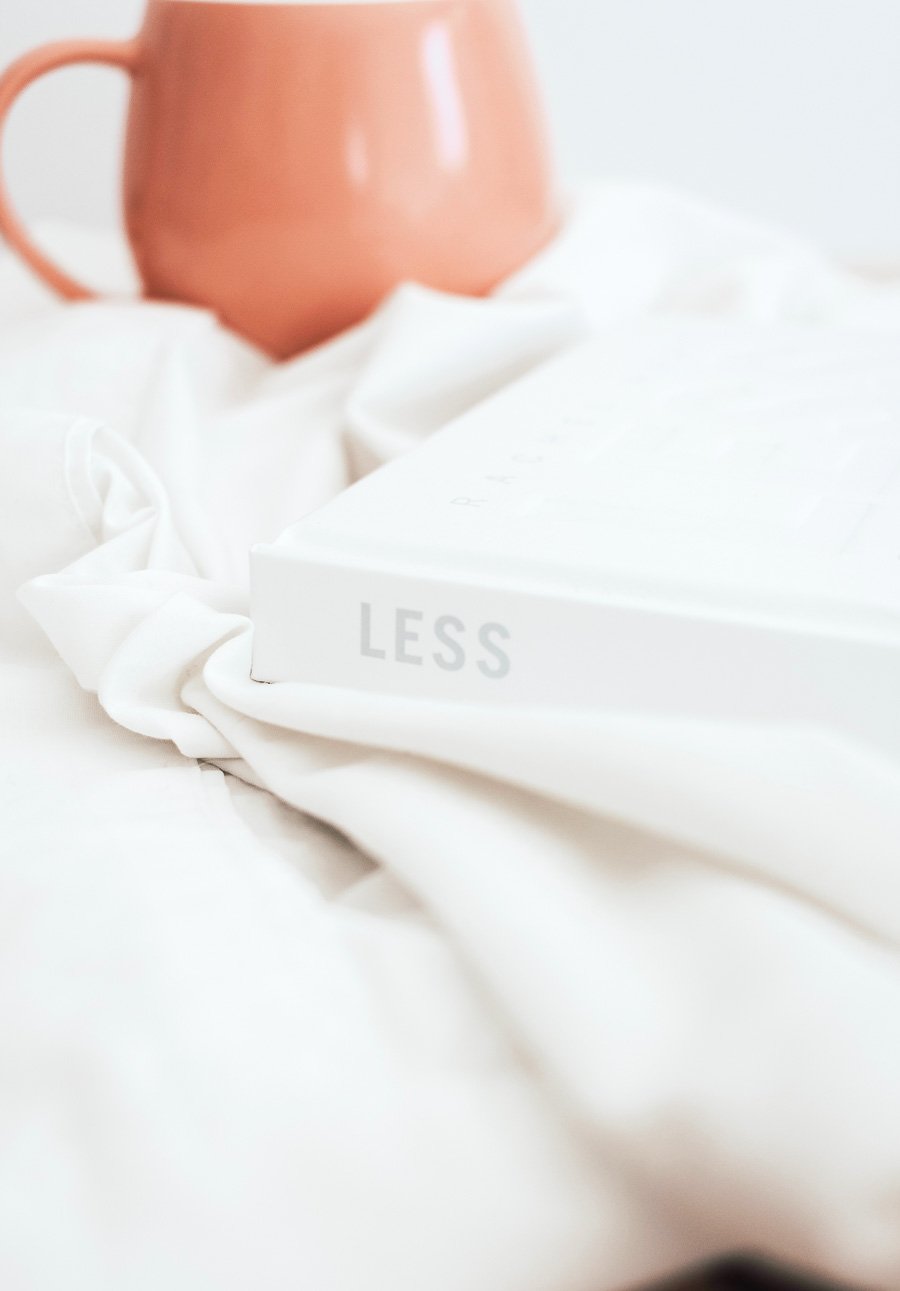
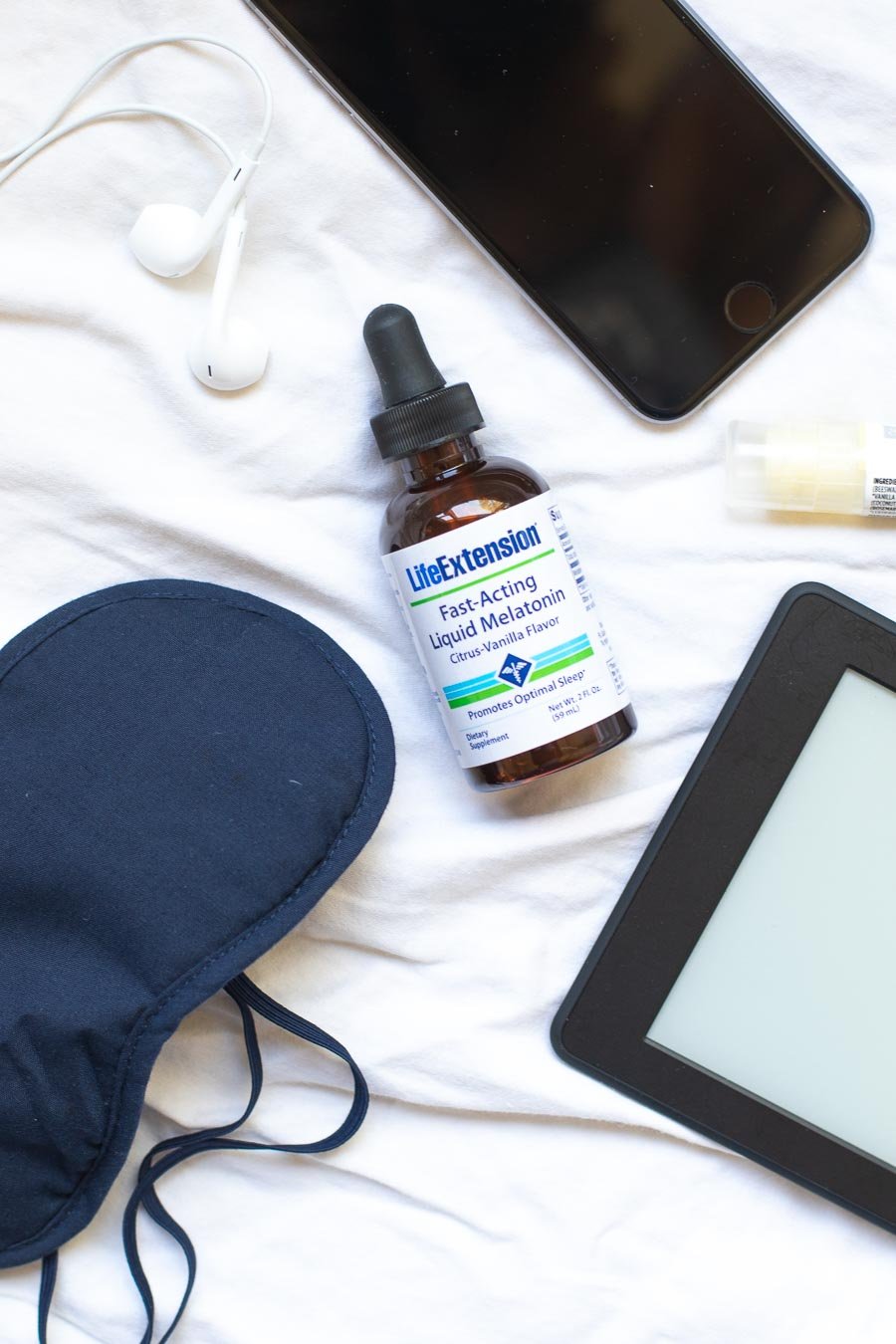
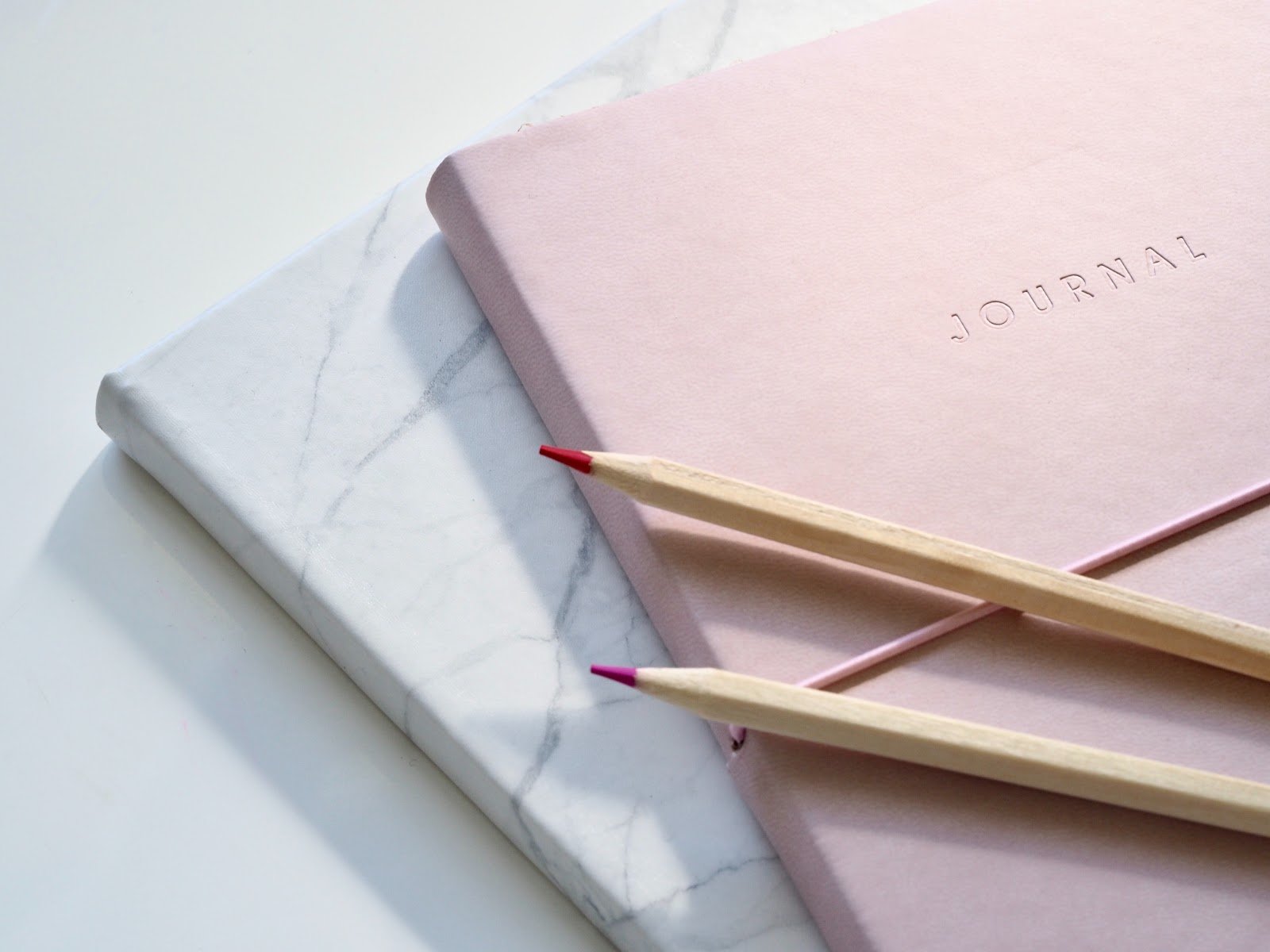
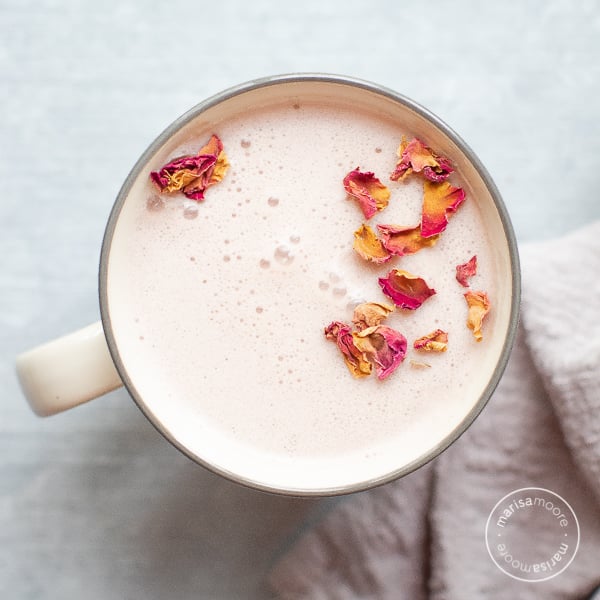
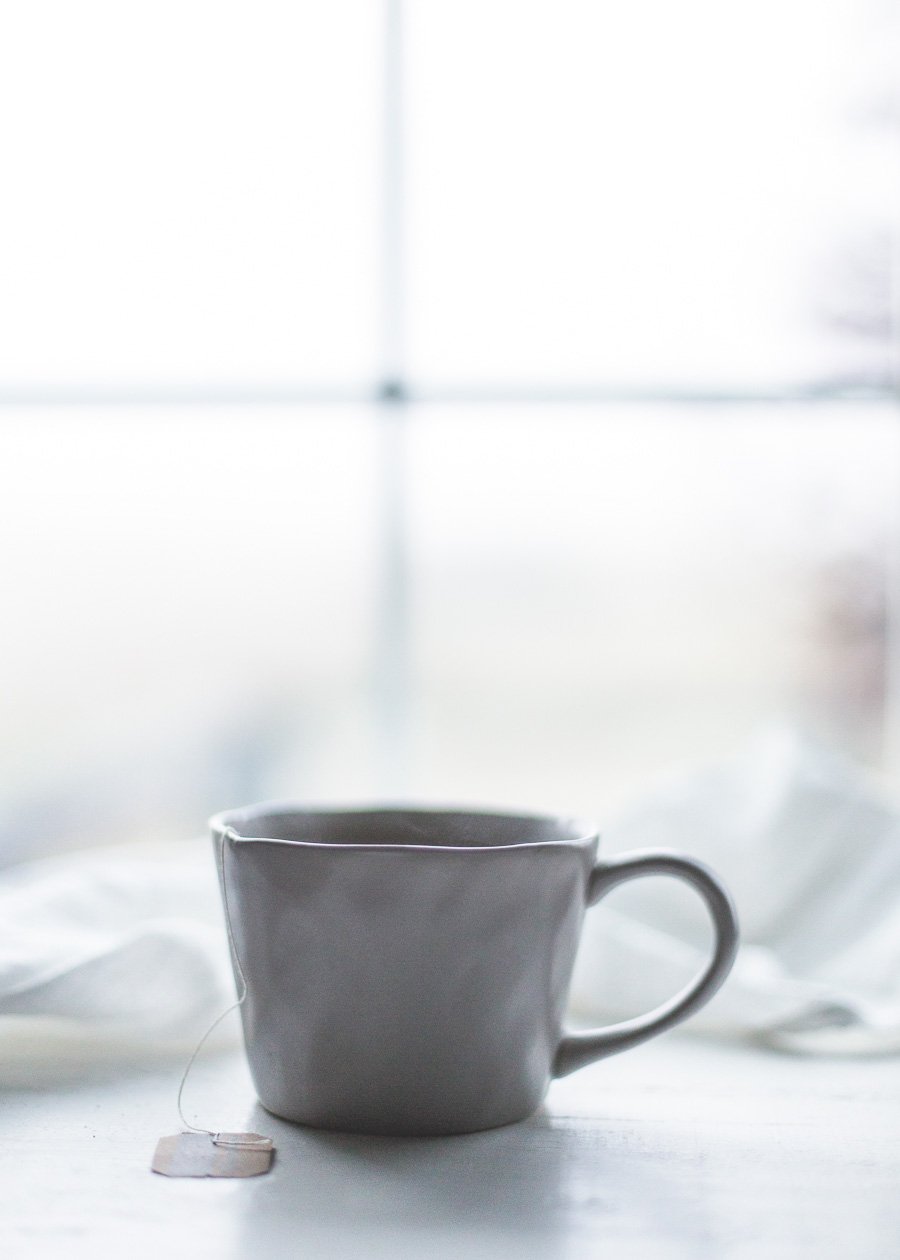
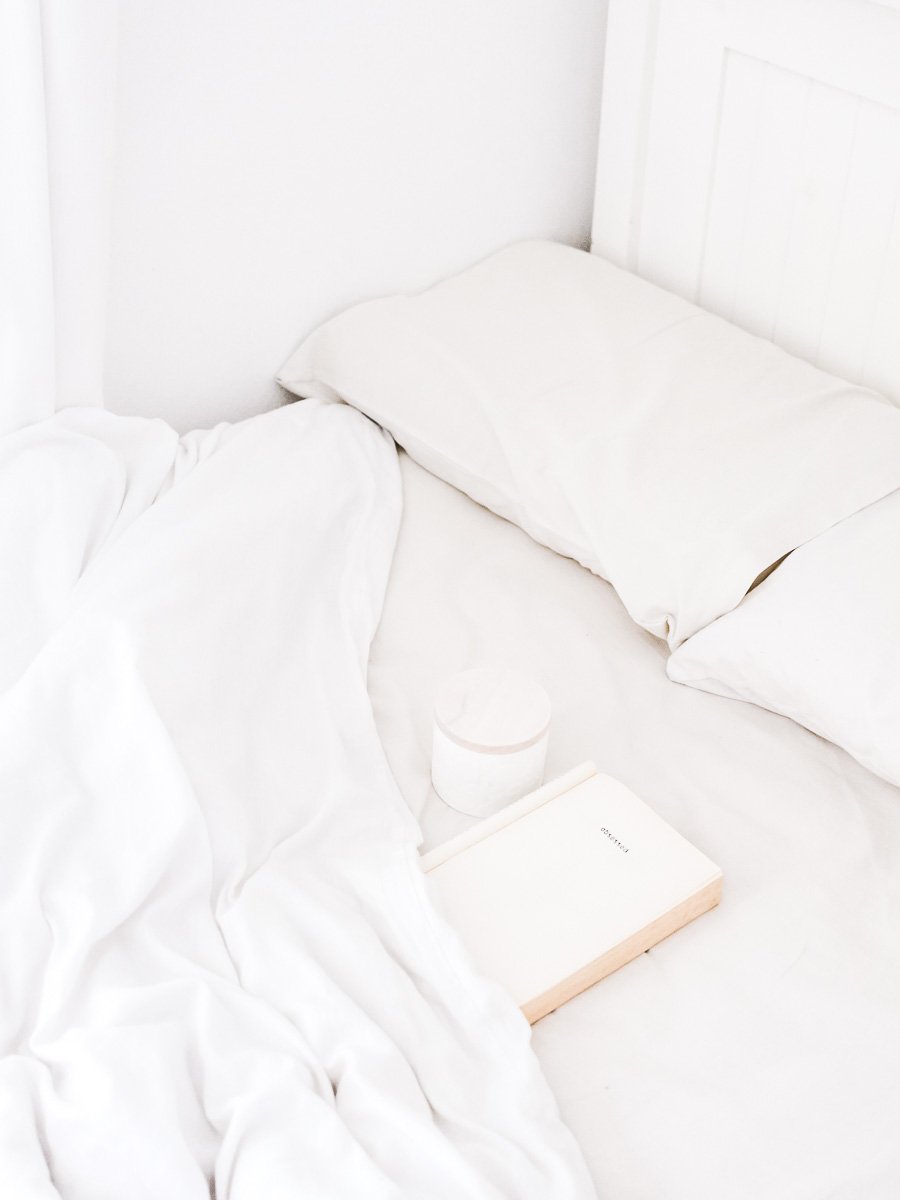

Amy Gorin
What a helpful, informative post! Thanks so much for this info. 🙂 I’ve use melatonin while traveling.
Marisa
Thanks, Amy! I seriously won’t travel several time zones without melatonin anymore. Makes a huge difference!
Vicki Shanta Retelny
I always wonder about melatonin supplements. Great information in the post!
Marisa
Thanks, Vicki!
Erin Palinski-Wade
I love this post! Sleep is SO important and knowing how to improve the quality & quantity of sleep is essential. Thanks so much for sharing this great resource!
Marisa
Agreed! I think sleep is one of those things that’s just so easy to ignore but then you feel so much better when you get enough.